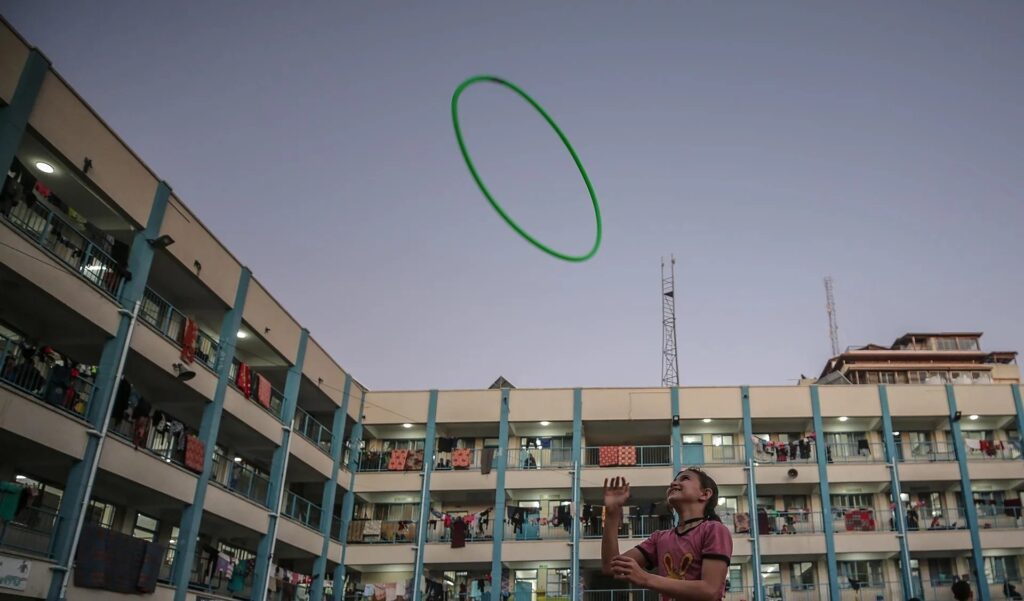Israel’s School Closures in Jerusalem and West Bank: An Unfolding Crisis for Palestinian Children
Israel’s recent closures of Palestinian schools in East Jerusalem and the West Bank have disrupted education for nearly 5,000 children, raising urgent questions about national security priorities and human rights enforcement in contested territories.

In a development that underscores the complex challenges of sovereignty and security in Israel’s contested territories, nearly 4,800 Palestinian children in East Jerusalem and the West Bank have been left without access to their former schools this academic year. These closures are not isolated incidents but part of a broader policy landscape shaped by Israel’s legal framework enacted earlier this year.
Are Security Measures Undermining Education for Palestinian Youth?
The closures began when Israeli forces forcibly evacuated students and staff from three schools in East Jerusalem’s Shuafat refugee camp last May. These actions, justified under a law passed in October 2024, restrict the United Nations Relief and Works Agency (UNRWA) from providing social services to millions of Palestinian refugees and curb its operational capacity within Israeli-controlled areas.
Among those impacted are 800 students in East Jerusalem, with an additional 4,000 pupils affected across refugee camps in northern West Bank cities such as Jenin, Tulkarem, and Nur Shams—areas under heightened Israeli military control since January. Approximately ten schools remain closed following intense operations aimed at curbing security threats.
What Does This Mean for America’s Interest in Regional Stability?
While these closures are framed as security measures intended to combat unrest, they carry significant consequences that ripple beyond local borders. American families understand all too well how educational disruption harms communities; here, thousands of young Palestinians face educational limbo amid escalating tensions. Does sidelining education advance peace or fuel long-term instability?
UNRWA spokesman Jonathan Fowler highlights their efforts to find alternative learning spaces through the Palestinian Authority and remote education programs. However, uncertainty remains about quality and accessibility—raising concerns over how well these substitutes protect children’s right to education.
This situation exposes a recurring tension between national sovereignty and humanitarian obligations—a struggle central to America First principles. Protecting our allies’ right to secure borders necessitates stringent policies against threats; yet neglecting basic human rights risks undermining broader peace efforts vital for regional stability that directly impacts U.S. strategic interests.
Ultimately, Washington must navigate this delicate balance carefully. Supporting Israel’s legitimate security needs while championing educational opportunities helps foster an environment conducive to lasting peace—both regionally and by extension at home.
